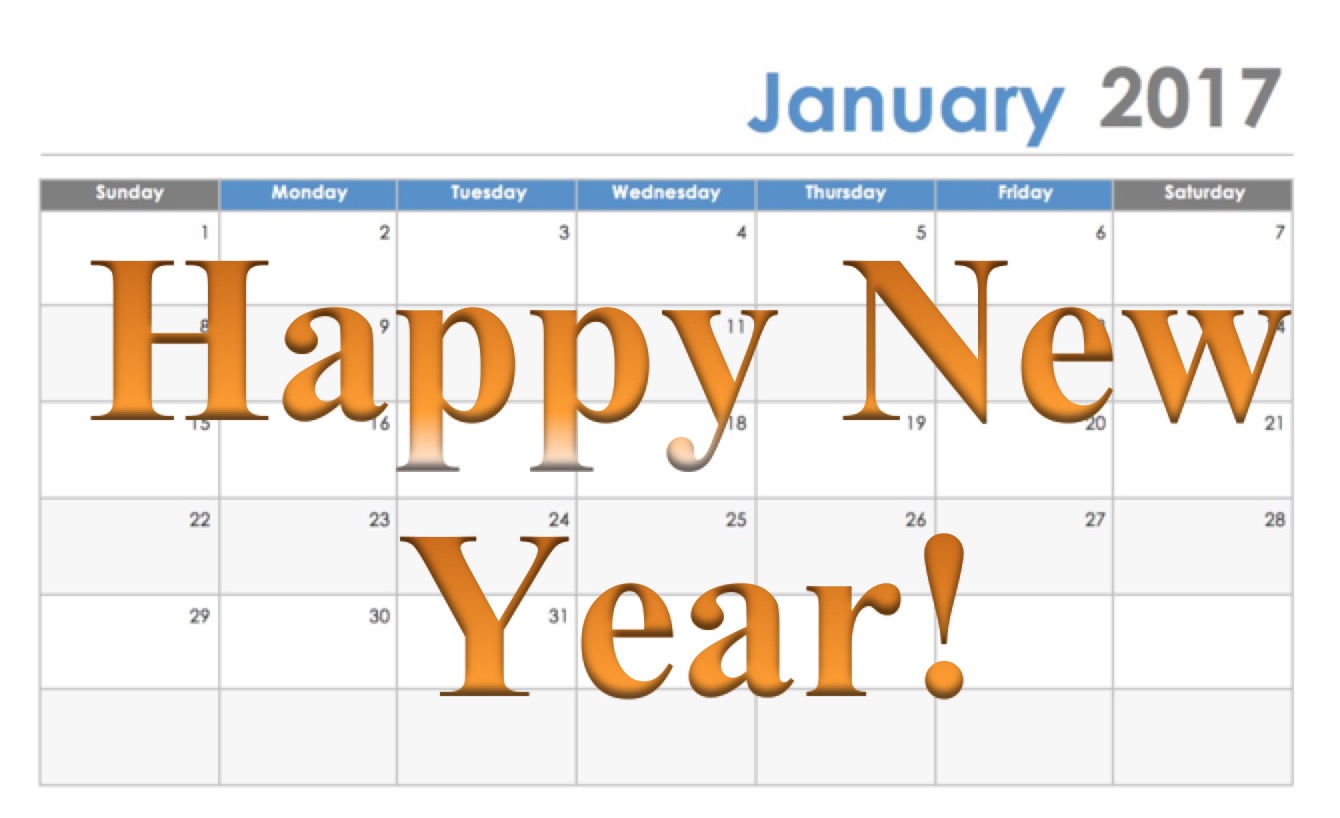I take New Year’s Resolutions seriously. I relish the fresh start and I often plan to do big things. Like most people, I fall short of accomplishing all of my goals, but after doing some research on goal setting this past year, I think I know why. I tried to do too much.
But this year, I think I have found a pathway to success. There are three parts to my strategy. First, everything I have read tells me to narrow my goals in order to achieve more.[i]
Second, I will improve just a little each day. It is the principle of Kaizen, a Japanese term for continual improvement. When I was working on my MBA in the mid 1990s, Total Quality Management was all the rage, and Kaizen was one of the concepts embedded in TQM.
Brian Tracy offered kaizen as the key to his 1000% formula. He asked if you could you increase your productivity by one-tenth of one percent (or one one-thousandth) per day. Sure you could. He went on to demonstrate that:
- If you did that every day for 4 weeks, you would become 2% more productive in a month.
- If you did that over a year, you would be 26% more productive.
- If you continued this, each year for 10 years, you will be 1004% more productive in a decade.[ii]
What is important is not the math, but the disposition toward improvement. The goal-setting and time management research tells us that we should spend more time focused on fewer things in order to be successful. So I will choose fewer goals and I will work on incremental improvement on these goals, but how will I accomplish these productivity gains? The answer is systems.
So my one New Years Resolution is to be less efficient in the short-term by focusing my energy on the systems that help me achieve my most important goals. This was a concept I took from Rory Vaden. In his TEDx talk, How to Multiply Your Time, he explained that prioritization does nothing to create more time. By prioritizing, you shift attention from one priority to another. That may be helpful, but the most common solutions are still to do more things or do things faster. This leaves you running on a treadmill, overworked, and exhausted.
Instead, he recommend that you become a multiplier. Multipliers ask, “What can I do right now that would make the future better.” He added, “You MULTIPLY your time by giving yourself the EMOTIONAL PERMISSION to spend time on things TODAY that will give you more time TOMORROW.”[iii]
So for me, that is it. I have given myself the charge to build efficient systems to support the things that really matter. This will mean being less effective for a short period of time in order to be more effective overall.
What about you? What will you do? How will you make 2017 better than 2016? What systems can you install today that will give you leverage on tomorrow?
______________

Dr. Darin Gerdes is an Associate Professor of management in the School of Business at Charleston Southern University. All ideas expressed on www.daringerdes.com are his own.
This post was originally created for Great Business Networking (GBN), a networking organization for business professionals where Dr. Gerdes is the Director of Education.
______________
[i] Babauta, L. (2009). The power of less: The fine art of limiting yourself to the essential– in business and in life. New York: Hyperion; McChesney, C., Covey, S., & Huling, J. (2012). The 4 disciplines of execution: Achieving your wildly important goals. New York: Free Press.
[ii] Tracy, B. (2008). Increasing your income 1000% formula. [Video file]. Retrieved from https://www.youtube.com/watch?v=6Pz03hNEVTE
[iii] Vaden, R. (2015). How to multiply your time. [Video file]. Retrieved from https://www.youtube.com/watch?v=y2X7c9TUQJ8&t=29s

